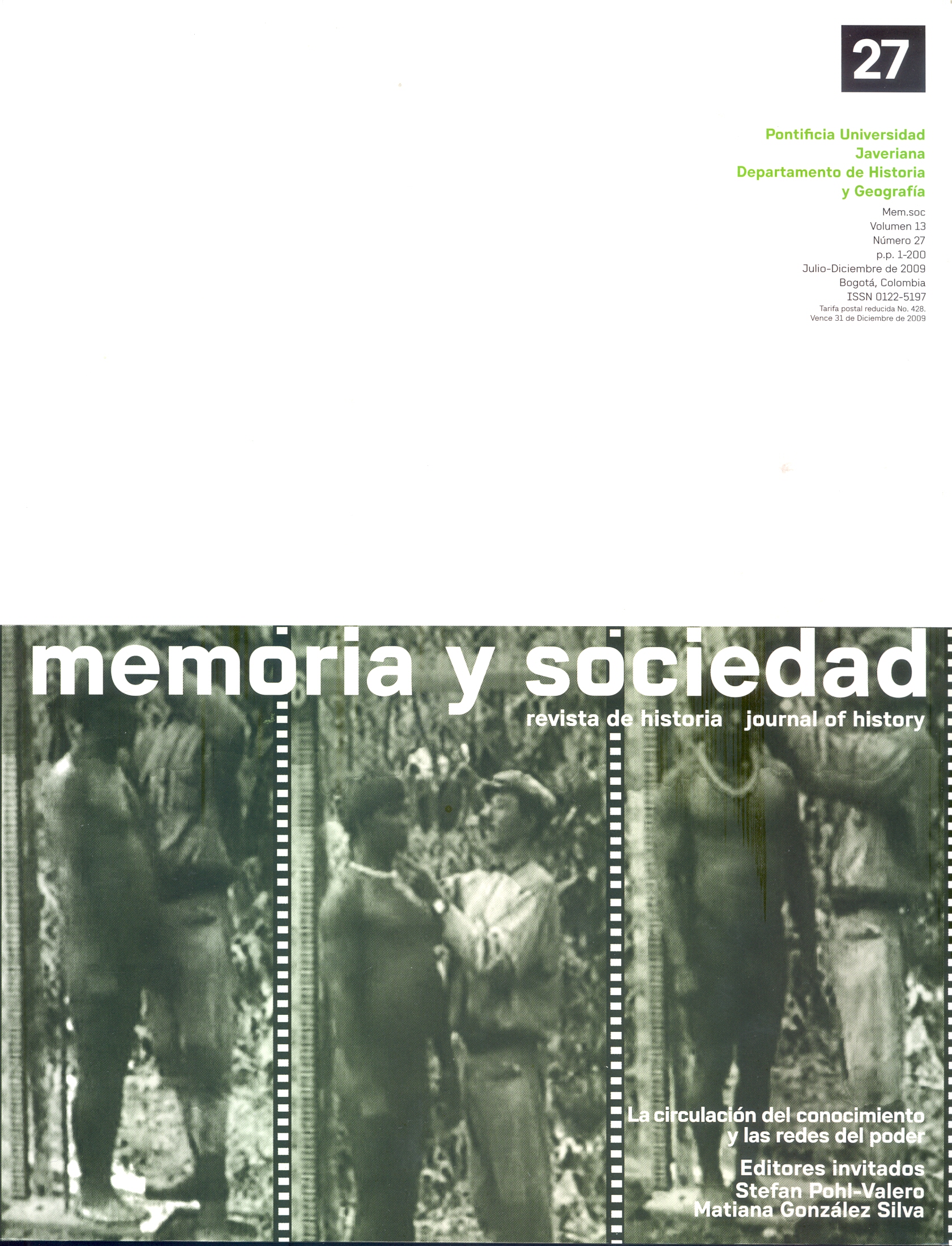Abstract
This text juxtaposes medical practices involving the measurement of bodies and the topographic and geodesic surveys carried out by engineers in late 19th-century Mexico. In an era known for generating measurements, these two histories converged: body and territory became objects of knowledge and control, two surfaces whose respective geometries spoke of the national space. To measure them, physicians and engineers used instruments whose characteristics assured their circulation between America and Europe and within Mexico, where they produced objective, interchangeable, standardized measures; but they were the result of an interrelation: that of the people who measured, the instrument and that which was measured, so although their uses were normative and standardized they generated values both situated and local in nature that responded to contemporary political demands: measuring bodies meant dimensioning races and gender; while surveying territories meant delimiting communal properties in order to create private ones. I argue that both types of measurement embodied epistemic practices that presupposed evaluation and perspective.The journal Memoria y Sociedad is registered under a Creative Commons Attribution 4.0 International Public License. Thus, this work may be reproduced, distributed, and publicly shared in digital format, as long as the names of the authors and Pontificia Universidad Javeriana are acknowledged. Others are allowed to quote, adapt, transform, auto-archive, republish, and create based on this material, for any purpose (even commercial ones), provided the authorship is duly acknowledged, a link to the original work is provided, and it is specified if changes have been made. Pontificia Universidad Javeriana does not hold the rights of published works and the authors are solely responsible for the contents of their works; they keep the moral, intellectual, privacy, and publicity rights.
Approving the intervention of the work (review, copy-editing, translation, layout) and the following outreach, are granted through an use license and not through an assignment of rights. This means the journal and Pontificia Universidad Javeriana cannot be held responsible for any ethical malpractice by the authors. As a consequence of the protection granted by the use license, the journal is not required to publish recantations or modify information already published, unless the errata stems from the editorial management process. Publishing contents in this journal does not generate royalties for contributors.

